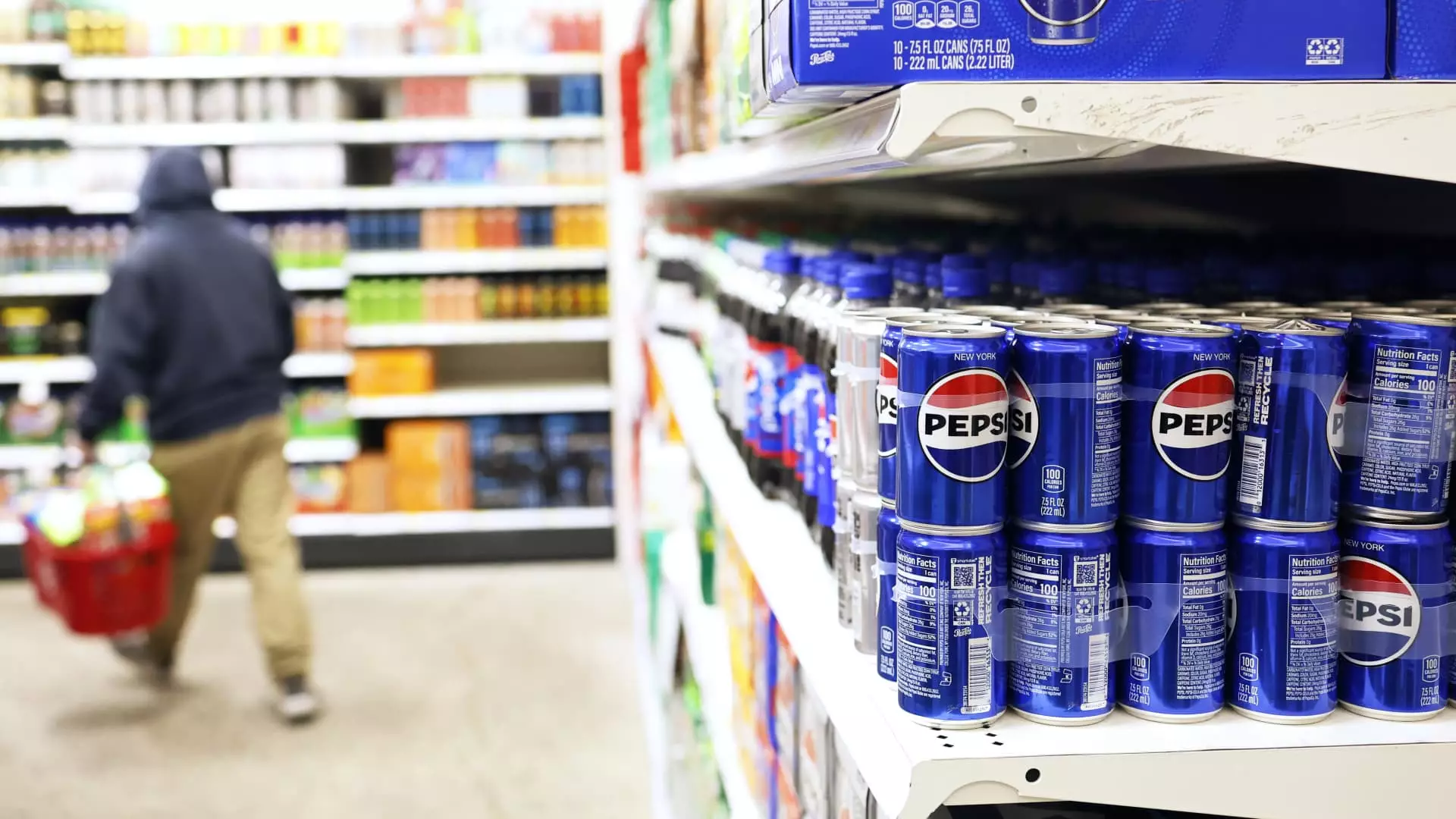In a striking move, the Federal Trade Commission (FTC) has chosen legal action against PepsiCo, focusing on allegations of illegal price discrimination within the food and beverage sector. In a complaint filed on a recent Friday, the regulator accused PepsiCo of granting preferential pricing to a specific retailer, now widely speculated to be Walmart, the largest retailer in the United States. Such practices, if proven true, could contravene the Robinson-Patman Act—legislation enacted to ensure fair competition by prohibiting discriminatory pricing among buyers of the same commodity.
The FTC’s lawsuit outlines how PepsiCo purportedly provided Walmart with advantageous pricing and promotional allowances that were not afforded to other competing retailers. This disparity in treatment, if validated, could significantly undermine the competitive landscape by allowing Walmart to undercut rivals on pricing due to preferential treatment from Pepsi. The suit claims that PepsiCo’s promotions and advertising incentives created an unfair advantage that ultimately raises prices for other retailers.
PepsiCo, however, has robustly denied these allegations, asserting that its pricing strategies align with industry standards. The corporation argues that the FTC’s accusations are not only factually inaccurate but also legally unfounded, vowing to contest the claims vigorously in court. This defiance raises questions about the balance between corporate practices and regulatory oversight, especially as the FTC continues to scrutinize large corporations under the Biden administration.
At the heart of this case lies the Robinson-Patman Act, which was designed to ensure equality among competitors in price negotiation. Though the law has been theoretically in effect since 1936, its enforcement saw a decline during the 1980s, particularly during a wave of deregulation. The FTC has recently recommitted to this act, reigniting enforcement against practices that could stifle competition. This shift has implications far beyond PepsiCo and Walmart, signaling a broader regulatory environment that may increasingly challenge large businesses.
In the current landscape, the FTC’s pursuit of Pepsi could be interpreted as part of a broader strategy to reinforce fair trade practices. The agency is not only considering the impacts on retailers but also the potential for consumers to feel the pinch in pricing due to inequities in market competition.
The timing of the lawsuit is particularly significant, coinciding with the imminent transition of leadership at the FTC. As President-elect Donald Trump’s inauguration approached, concerns about how the forthcoming Republican-led commission will approach such regulatory issues have emerged. Andrew Ferguson, a commission member who publicly dissented against the lawsuit, exemplifies the divisions that may influence future enforcement actions and corporate oversight.
Additionally, this lawsuit forms part of a wider series of legal actions that the Biden administration has undertaken against corporations, signaling a vigorous approach to regulatory enforcement. These actions underscore a renewed commitment to addressing monopolistic behaviors and preserving the principles of fair competition.
As the legal proceedings unfold, the implications for both PepsiCo and the broader market will become clearer. The outcome of the FTC’s allegations could set precedents for how large corporations navigate pricing strategies in a competitive economy. If the lawsuit succeeds, it could lead to transformative changes in how advertising and promotional allowances are handled across the industry. The case serves as a reminder of the delicate balance between business practices and regulatory enforcement and signals that scrutiny of corporate behavior is far from over.

